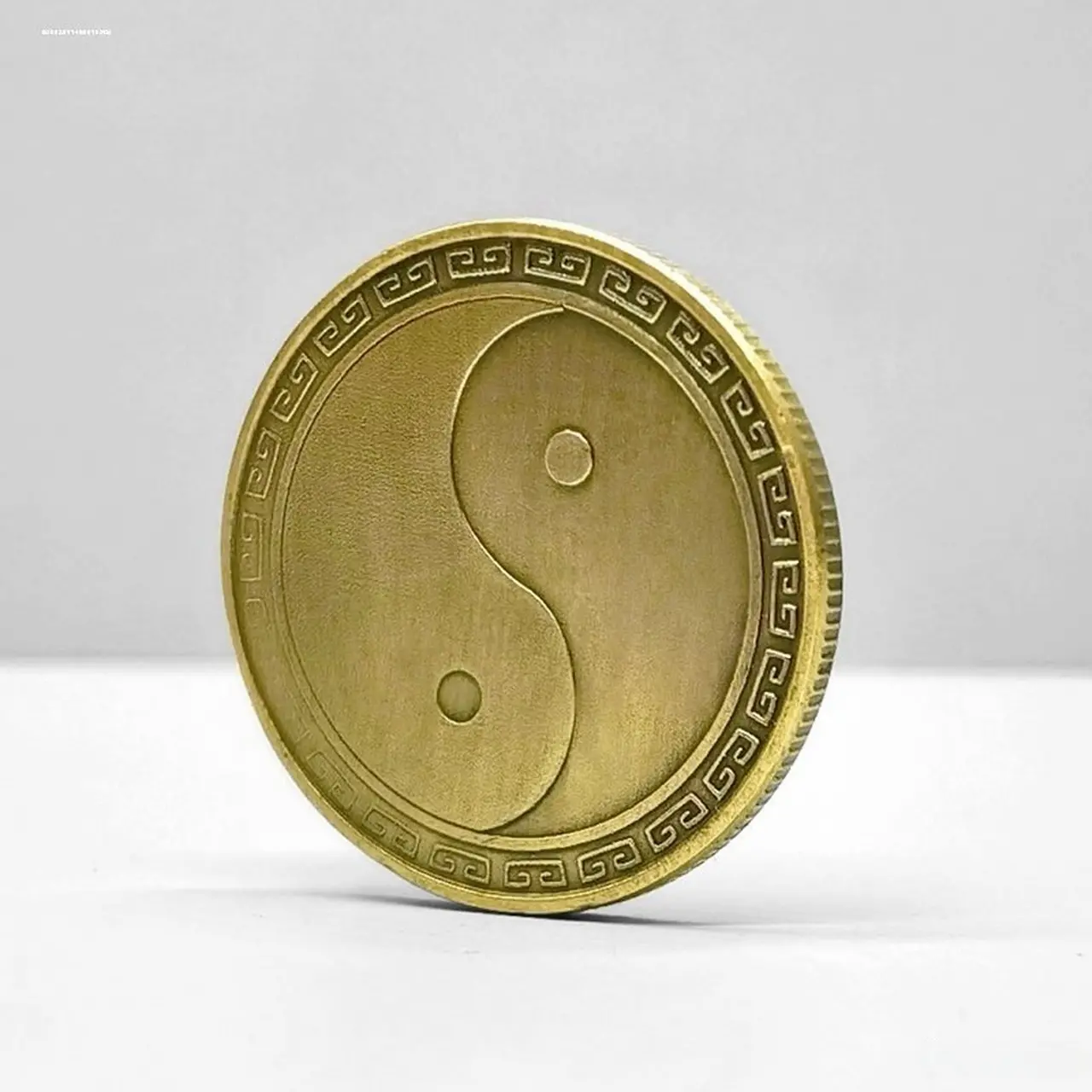Banana on Steam is a hit, and the "click to earn" trend has gained popularity
Author: Deep Tide TechFlow
"Coming to the crypto world is all about making money; who plays games?"
This consensus in the minds of retail investors, when interpreted in reverse, suggests that traditional gamers probably aren't thinking about making money.
But the fact is, no one dislikes free stuff.
In the crypto space, Notcoin and Hamster Kombat have popularized the "click-to-earn" free-to-play mini-game model; coincidentally, this trend has also reached Steam, the most popular platform in the traditional gaming world.
In recent weeks, a free mini-game called Banana on Steam has suddenly gone viral, even to an absurd extent.
According to official data from Steam, as of the time of writing, Banana has surpassed 750,000 concurrent players, topping the charts for concurrent players on the Steam platform.

Meanwhile, games like CS2, DOTA, PUBG, and Destiny 2, which are classics that most people have at least heard of, are now being overshadowed by Banana, despite their high gameplay and competitiveness.
Interestingly, this Banana mini-game is only 60MB in size, truly living up to the name of a mini-game.
Why are people ignoring popular games to play a banana mini-game? What’s the appeal?
Steam Version of Notcoin, Click to Earn
Games vary, but human nature is the same.
Banana is actually a typical free-to-play game with no understanding or learning costs; all you have to do is click, just like with Notcoin, and then the expectation of making money begins.
In terms of gameplay and interface, this banana game is even simpler than Notcoin: it gives you an image of a banana that you can click on with your mouse; as you click, the number on the banana keeps increasing, and that’s it.

With your clicks, after 3 hours, a regular banana will drop, and after 18 hours, a special quality banana will drop. Thus, the main flow of the game becomes: enter the game, click the banana, wait a while, and receive bananas.
For readers unfamiliar with Steam, the platform has a "inventory" design, meaning that after playing a game, items related to that game will drop into your inventory; these items could be badges or certain props, in short, they are peripheral memorabilia related to the main game, enhancing player engagement and stickiness.
And these dropped bananas are far more fragrant with money than mere memorabilia.
Since Steam has a built-in secondary market, you can directly list these dropped bananas for sale. So the question arises, how much are different types of bananas worth?
Doesn’t it sound a bit like the NFT market? The valuation of a virtual item is entirely market-driven, based on supply and demand.

Currently, the most expensive banana on the market is called Crypticnana, which has a name reminiscent of Crypto, priced at 8,300 RMB. Considering the game is purely free-to-play, such a price is quite tempting.
I speculate that some sharp market traders have already caught wind of the money-making potential, and various buying and selling behaviors to drive up prices have likely already occurred.
Clicking, dropping items, selling items, and even creating traders and market makers around these items—who says the gaming world doesn’t engage in speculation?
However, buying and selling bananas incurs a high transaction tax on the Steam platform. For virtual items priced over $10, the final cut is over 5%, somewhat akin to the 5% royalty on Opensea.
And this taxation inevitably means that high-priced bananas have low transaction volumes and poor liquidity; low-priced bananas clearly have greater liquidity and faster turnover. Additionally, certain special edition bananas obviously hold more cultural value, such as the dog banana shown below, whose meaning is self-evident.

Speculation is Human Nature
Similar images in the crypto world often come with a layer of technical narrative to bolster belief—after all, this image is an NFT, indivisible and indelible.
Yet these bananas on Steam aren't even NFTs; they are just ordinary images that drop. If the game itself shuts down or the Steam server crashes, these items will disappear along with it.
But even so, this doesn’t dampen the fervor for instant speculation.
The philosopher Marx's "Capital" does not deceive me:
"If there is a profit of 10%, it is guaranteed to be used everywhere; if there is a profit of 20%, it becomes active; if there is a profit of 50%, it takes risks; for a profit of 100%, it dares to trample on all human laws; for a profit of 300%, it dares to commit any crime, even risking the gallows."
Who cares if it’s still an NFT? Speculation is in our species' nature.
This banana, seemingly a harmless mini-game, actually creates a favorable interactive interface and trading market for speculation, allowing virtual items to generate high speculative value.
Thus, in terms of speculation, the stigmatization of the crypto world and Web3 is somewhat inevitable, as it indeed creates convenience for speculation.
However, the banana game on Steam also proves that it is not the crypto world and speculation that are always bound together, but rather that any platform will be tied to speculation as long as there is space conducive to it.
No one will oppose clicking to earn money; on the more widely known Steam platform, the banana game continues to thrive.
Web2 and Web3 have never been in opposition; the world of different information structures is filled with speculators.










